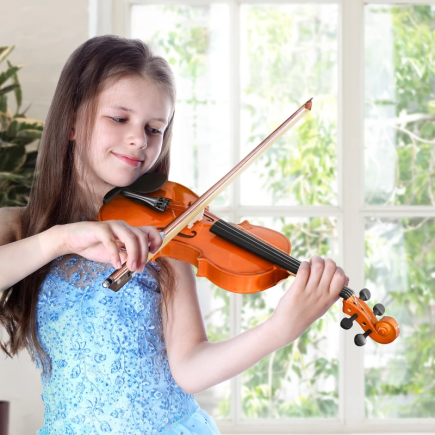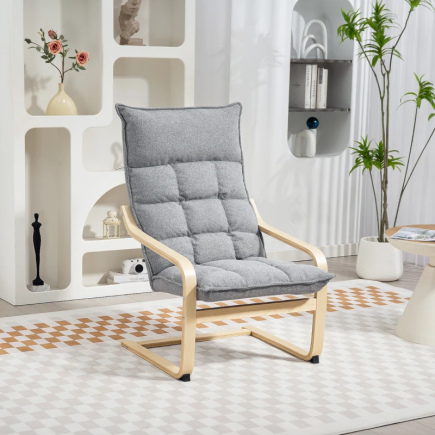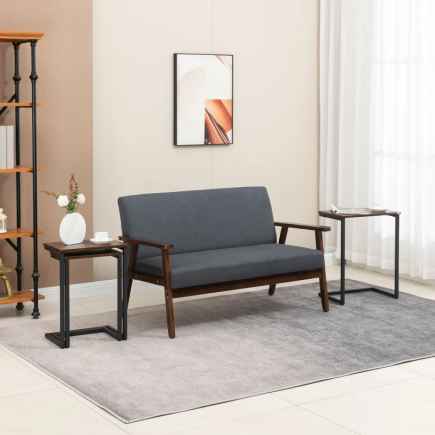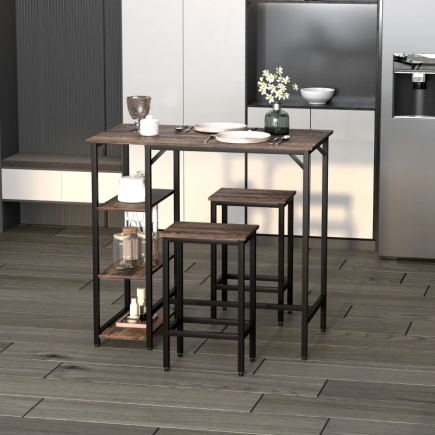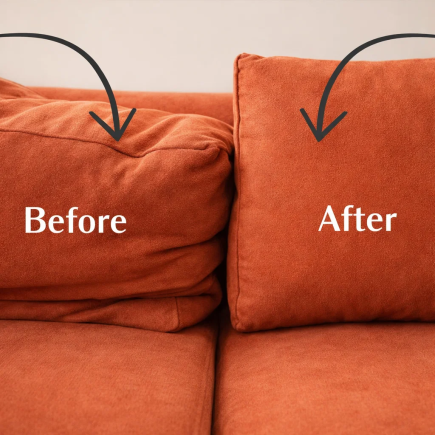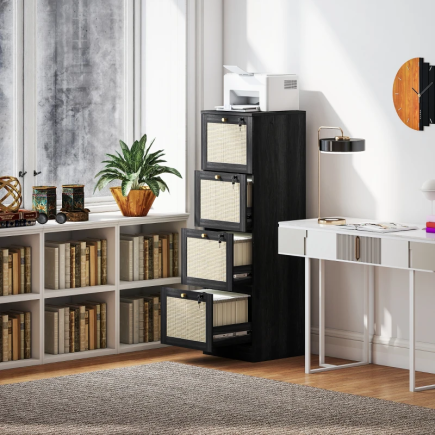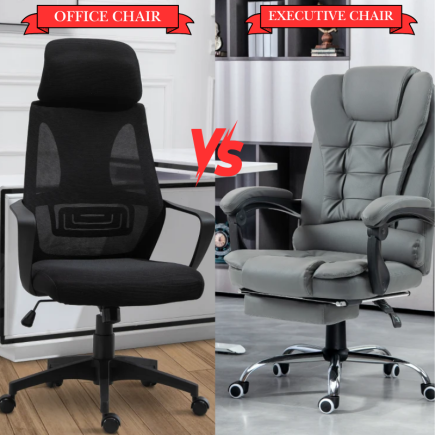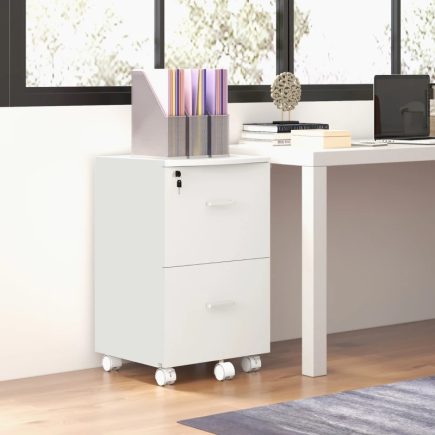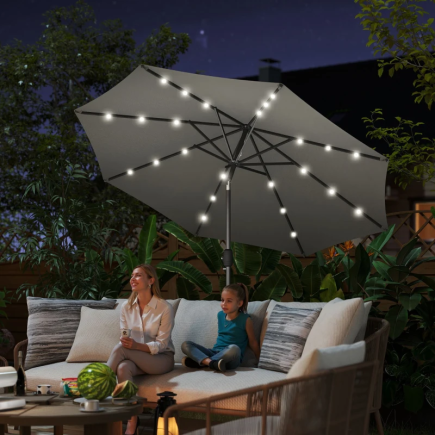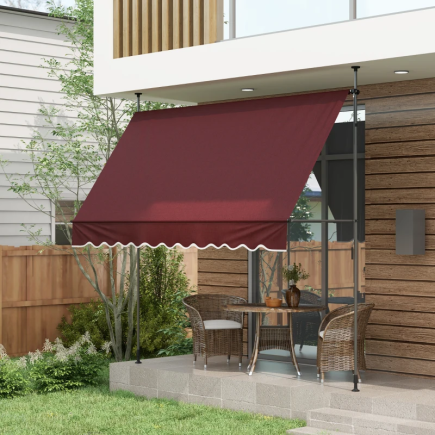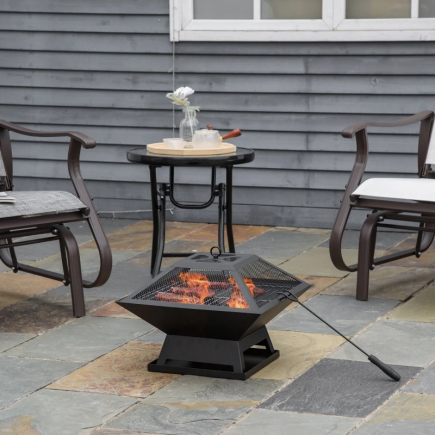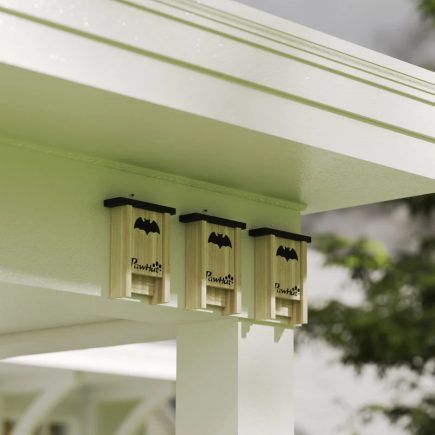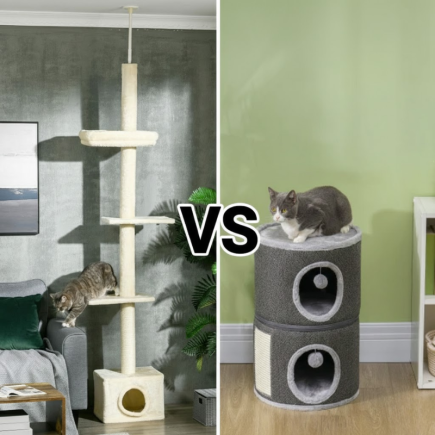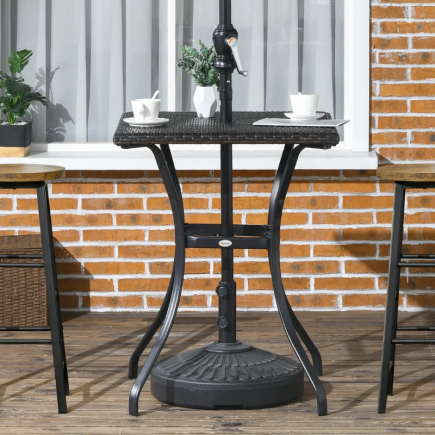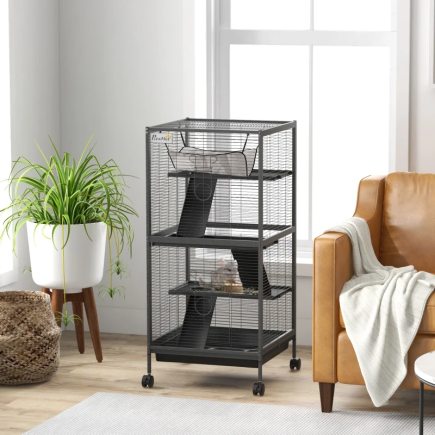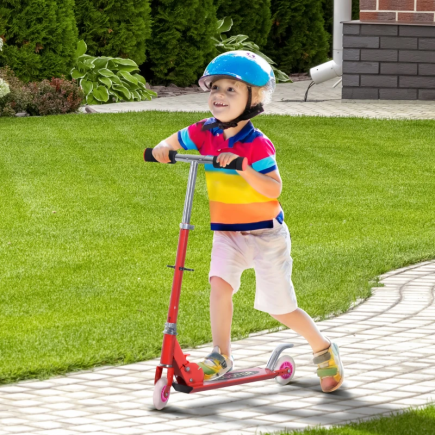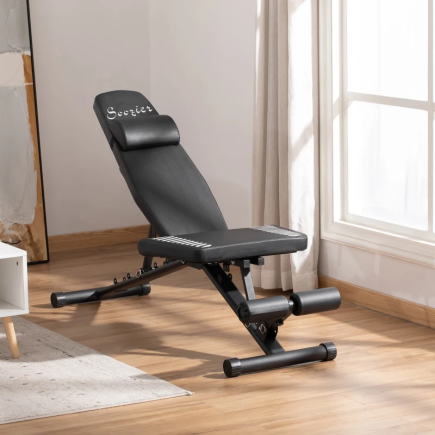Your patio is your personal retreat. Whether you’re sipping morning coffee, unwinding with a book, or hosting a barbecue, it’s a place for relaxation and enjoyment. But when birds start perching on your patio furniture, leaving droppings and possibly causing damage, that serene atmosphere can quickly fade.

Fortunately, there are effective and humane ways to reclaim your outdoor space and keep birds at bay. This article will show you how to prevent birds from taking over your patio without harming them.
Why Are Birds Drawn to Your Patio?
Understanding why birds flock to your patio can help you tackle the issue effectively. Birds are naturally drawn to spaces where they can find:
- Food Crumbs: Leftover snacks or BBQ scraps often attract birds looking for an easy meal.
- Water Sources: Birds are constantly seeking standing water for drinking or bathing.
- Shelter: Patios offer ideal spots for birds to roost, offering shade, safety, and warmth.
By eliminating or minimizing these attractions, you can make your patio less appealing to birds.
Physical Barriers to Keep Birds Away
Adding physical barriers is one of the most effective ways to prevent birds from perching on your Patio Furniture. These solutions are both practical and environmentally friendly.
1. Bird Spikes
Install bird spikes on surfaces where birds typically land, such as the backs of chairs, railings, and patio shades. These spikes make it uncomfortable for birds to land but cause them no harm. You can find both plastic and stainless-steel spikes at hardware stores or online.
Pro Tip: Clear plastic spikes blend seamlessly with your patio’s aesthetic, making them less noticeable.
2. Netting or Mesh Covers

Cover your patio furniture with lightweight bird netting when it’s not in use. Fine mesh netting is durable, easy to remove, and creates a physical barrier that prevents birds from landing on your furniture.
3. Furniture Covers

Waterproof furniture covers protect your outdoor seating from bird droppings, rain, UV rays, and dirt. They also prevent birds from getting comfortable on your furniture.
Visual and Sound-Based Deterrents
Birds are sensitive to their environment, so sensory deterrents can often be enough to discourage them from hanging around. Both visual and auditory tactics can create an uncomfortable environment for birds.
1. Reflective Objects
Birds are startled by shiny, reflective surfaces. Hanging reflective tape, old CDs, or metallic pinwheels around your patio will create flashes of light that keep birds at a distance.
2. Predator Decoys

Placing realistic decoys of owls or hawks nearby can convince birds that predators are near. Birds instinctively avoid areas where they feel unsafe. Just be sure to move the decoys every few days to prevent birds from realizing they’re fake.
3. Wind Chimes

Wind chimes can deter birds by creating movement and noise. Opt for chimes with reflective surfaces for double the effect.
4. Sound Devices

Consider using a device that emits ultrasonic sounds specifically designed to repel birds. These sounds are inaudible to humans but highly unpleasant for birds.
Natural and Chemical Repellents
If physical barriers and sensory deterrents don’t work, natural and chemical repellents can be a good alternative. These methods are safe and humane.
1. Natural Scents
Birds dislike strong scents like peppermint, citrus, and vinegar. You can make a DIY bird-repellent spray by mixing a few drops of essential oil (peppermint or lemon) with water. Spray this mixture on your patio furniture weekly to keep birds away.
2. Motion-Activated Sprinklers

Birds tend to test areas before landing, so a motion-activated sprinkler can surprise them with a harmless burst of water when they get too close. It’s a great way to discourage them without causing harm.
3. Bird-Repellent Sprays
There are also ready-made bird-repellent sprays available at gardening stores. These sprays are biodegradable and safe for the environment as well as for pets.
Regular Maintenance and Decluttering
Maintaining a clean patio is one of the best ways to make your space less inviting to birds.
1. Clean Regularly
After meals, promptly clean up food crumbs and spills to avoid attracting birds. Hose down your furniture weekly to remove any bird droppings or nesting materials.
2. Remove Nearby Nests
If you find any bird nests near your patio, carefully remove them (only when unoccupied) from roof eaves, gutters, or nearby bushes.
3. Trim Trees and Bushes
Birds love perching on branches close to patios. By regularly trimming nearby trees and shrubs, you can reduce the number of nesting spots and make your patio less appealing to them.
Create Bird-Friendly Alternatives
If you still want to enjoy the presence of birds without them taking over your patio, consider providing an alternative space for them.
1. Bird Feeders
Set up bird feeders away from your patio to keep birds occupied and distracted.
2. Bird Baths
Place bird baths in a shaded area of your garden, well away from your patio.
This approach allows you to enjoy bird watching while maintaining a bird-free patio.
To keep birds off your patio furniture, a combination of strategies is usually the most effective. Use physical barriers, sensory deterrents, repellents, and regular maintenance to create an environment where birds are unlikely to linger.
Consistency is key, stick with these methods, and adjust as necessary to find the best approach for your patio. With these tips, you’ll transform your outdoor space into a bird-free oasis ready for relaxation or entertaining.
FAQs
1. Do wind chimes keep birds away?
Wind chimes can help deter birds temporarily due to the noise, but they are generally not very effective long-term. Birds may get used to the sound after a while.
2. What is the most effective bird scarer?
The most effective bird scarers include predator decoys (such as owl or hawk models), noise devices, or motion-activated deterrents that simulate threats to birds.
3. What sounds do birds hate the most?
Birds tend to dislike high-pitched, distress calls from other birds, as well as sudden loud noises like alarms or recorded predator calls, which signal danger.

